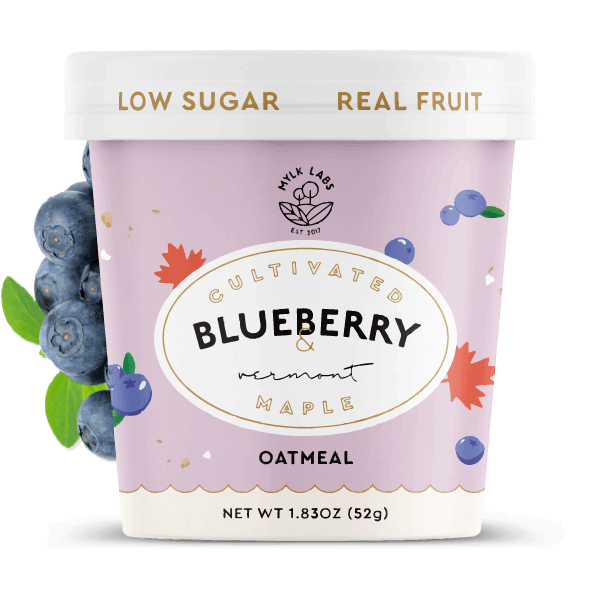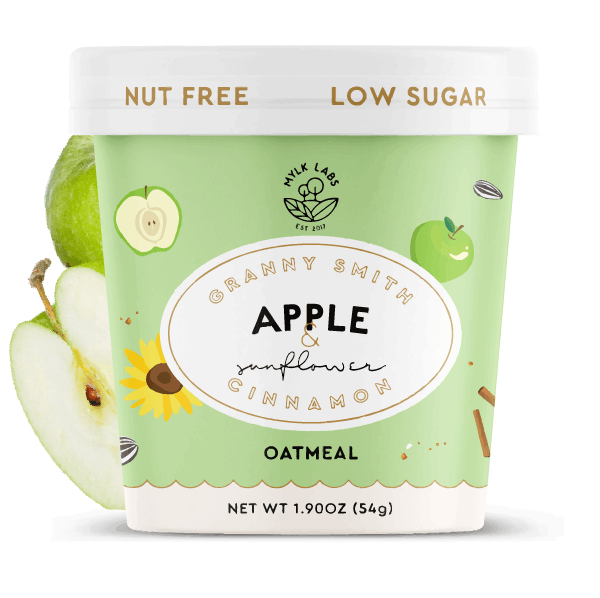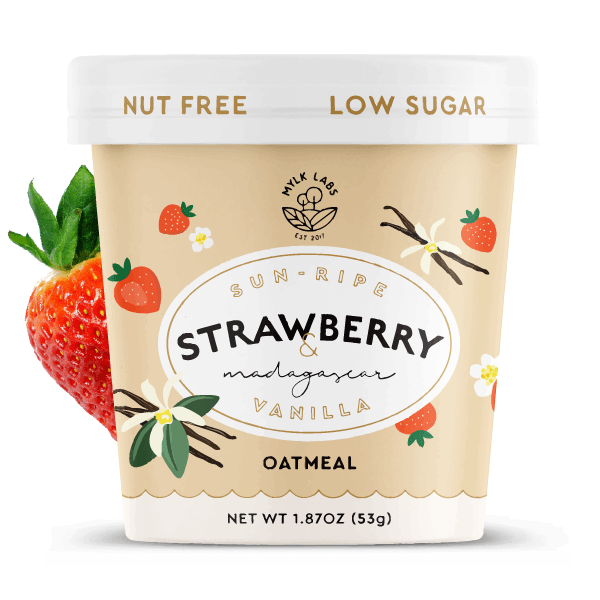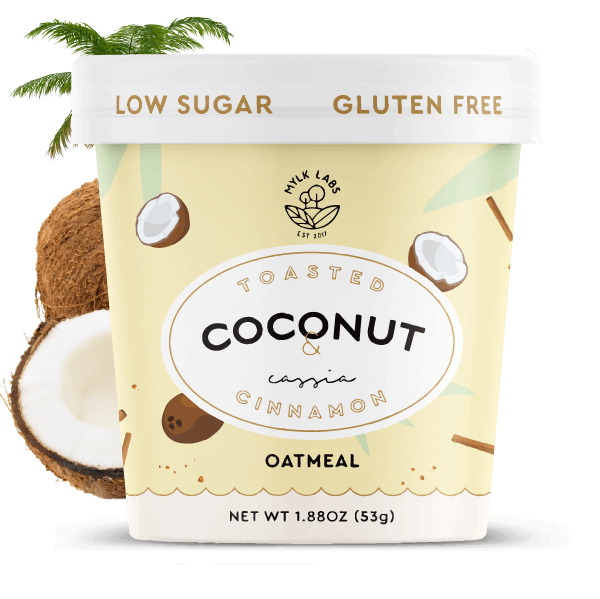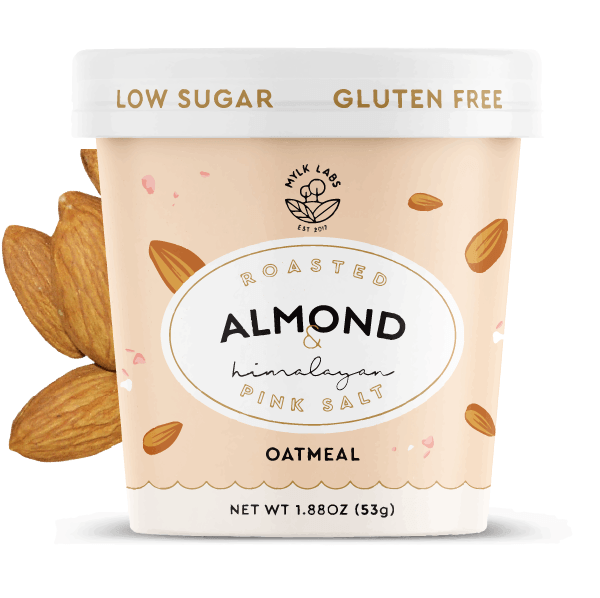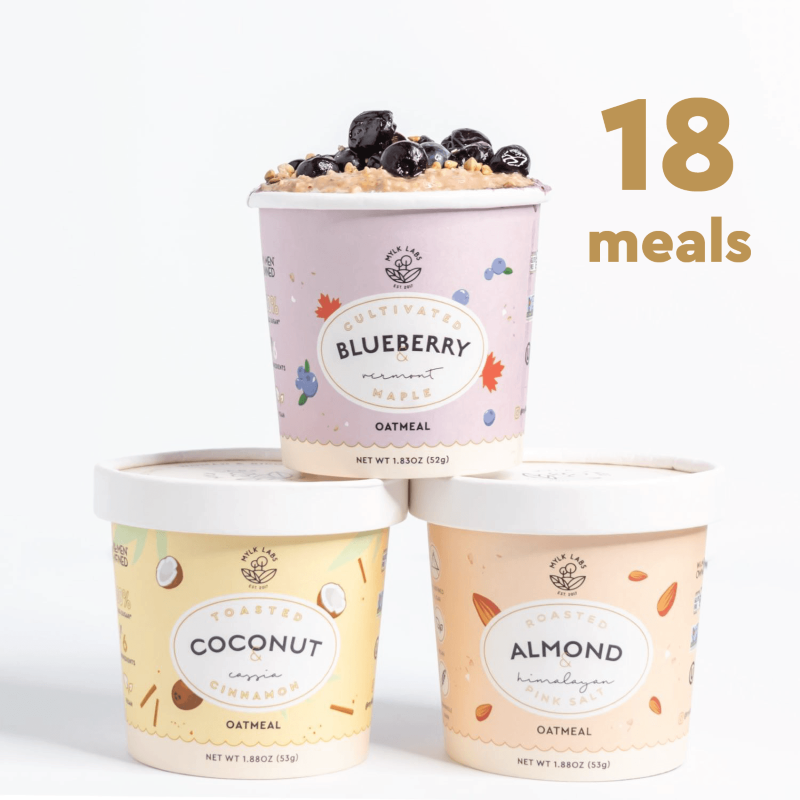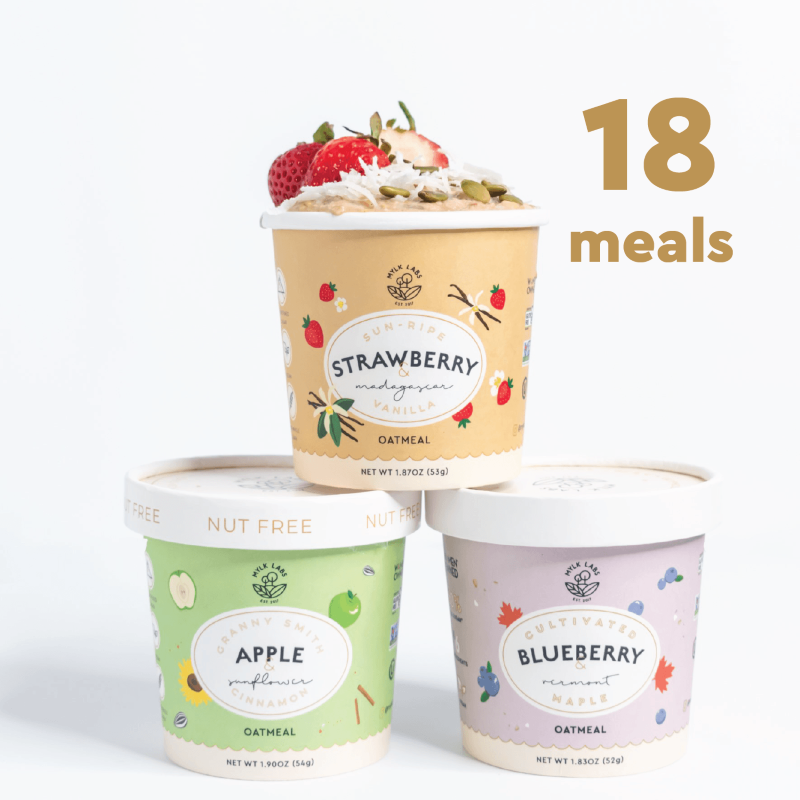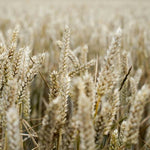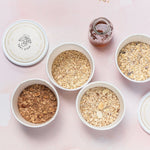You’ve always heard that breakfast is the most important meal of the day – and they were right!
Breakfast replenishes your body after a night of fasting, kickstarting your metabolism and boosting your glucose levels, energy, and alertness while providing the essential vitamins, minerals, and nutrients you need for good health. Discover the 5 key vitamins and nutrients you should be getting every morning.
What to Look for In A Morning Meal
Whether you enjoy a set morning routine and the same breakfast every day or you like switching it up depending on your mood, choosing a healthy breakfast is always an important step. Starting your day with a delicious, healthy, satisfying bowl of oatmeal can set you up for a productive, successful, and fulfilling day.
When deciding what breakfast foods to eat, it is important to look for something well-rounded and full of protein, fiber, healthy fats, fruits, and vegetables. A nutritious, well-balanced breakfast gives you the energy you need and supports your body and mind throughout the day.
Start your day off right with these five necessary vitamins and nutrients for a healthy morning meal.
Folate
Folate is a B-vitamin that helps the body convert carbohydrates into energy, make healthy blood cells, and produce DNA and other genetic material.
Foods with folate: Broccoli, brussels sprouts, asparagus, leafy green vegetables, beans, peas, and nuts. Some fruits, like oranges, papayas, mangos, bananas, and strawberries, are also rich in folate.
Are you looking for a good recipe that is rich in folate? Check out this Mango Papaya Oat Smoothie recipe.

Calcium
Calcium is the most abundant mineral in the body. It is vital for bone health, enables our blood to clot, our muscles to contract, and our heart to beat. Roughly 99% of the calcium in our bodies is stored in our bones and teeth to support their structure and function, but if our bodies don’t get enough calcium from the food we eat, it gets taken from our bones.
Foods with calcium: Milk, yogurt, and cheese are rich in calcium, but you can also find it in vegetables like kale, broccoli, and Chinese cabbage. Most grains add a significant amount of calcium to the diet when eaten in sufficient amounts.
For breakfast high in calcium, try this tasty, basic granola recipe with a splash of milk and maybe a glass of orange juice on the side!
Iron
Iron is a mineral the body requires to grow and develop. It is essential for blood production. Your body uses iron to make the hemoglobin responsible for carrying oxygen in your blood from the lungs throughout the body so cells can produce energy. Your body also uses iron to make myoglobin which provides your muscles with oxygen.
Foods with iron: Iron in foods comes in two forms: heme and non-heme. You can find non-heme iron in plant foods such as spinach, beans, and enriched grains. Animal foods like meat, seafood, and poultry have both heme and non-heme forms of iron and are absorbed better by the body.
Your body better absorbs iron from plant sources when eaten with animal foods or foods high in vitamin c, such as citrus fruits, strawberries, sweet peppers, tomatoes, and broccoli.
Discover your definition of health and what to look for in foods you eat.
Magnesium
Magnesium is a nutrient the body needs to stay healthy. It helps to regulate muscle and nerve function, blood sugar levels, blood pressure and supports healthy bones and a healthy heart.
Foods with Magnesium: You can find magnesium in leafy greens, dark chocolate, avocados, nuts, seeds, and whole grains.
The chocolate almond butter in this recipe for Hazelnut Energy Balls is a delicious source of magnesium!
Potassium
Potassium is a mineral and an electrolyte your body gets from food. It assists in several body functions including, muscle contractions, nerve impulse, blood pressure, digestion, and heart rhythm. A diet rich in potassium can also help offset some of the harmful effects sodium has on blood pressure.
Foods with Potassium: Similar to the other minerals on this list, our bodies do not naturally produce potassium; fortunately, you can find it in many foods: vegetables like carrots, potatoes, and leafy greens are high in potassium, as well as many fruits, like bananas, oranges, cantaloupes, and grapefruits.
Interested in some potassium-packed recipes? Try the Vegan Banana Oatmeal Muffins or the Matcha Tahini Oat Bars!

Does your morning routine make time for breakfast? Healthy eating starts in the morning. Hopefully, this list inspired you to try something new or add a new recipe to your rotation.
Discover more delicious recipes and wellness tips on the Mylk Labs Blog










